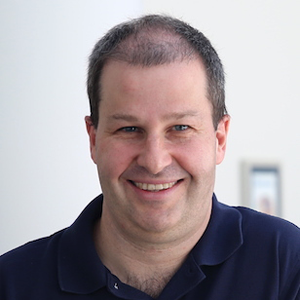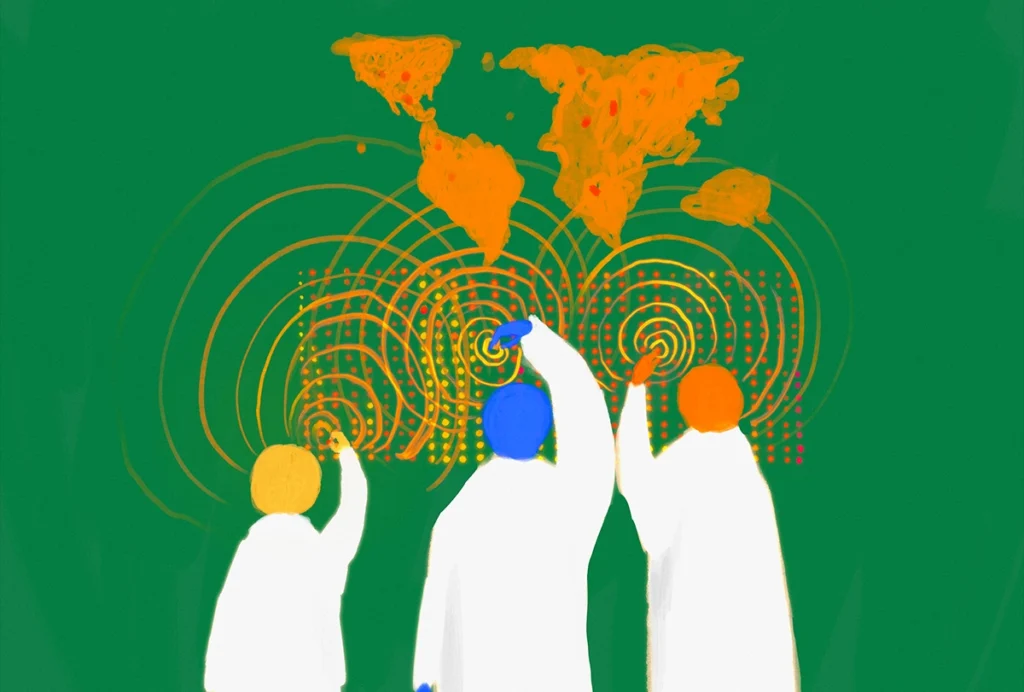Loren Frank is Howard Hughes Medical Institute Investigator and professor of physiology at the University of California, San Francisco (UCSF). He is also director of the Kavli Institute for Fundamental Neuroscience at UCSF. His laboratory uses a combination of techniques to study the neural bases of learning, memory and decision-making. In particular, his work focuses on the hippocampus and related structures, brain areas critical for forming and retrieving memories for the events of daily life. He also works in close collaboration with colleagues from multiple institutions to develop new technologies to understand how the brain works and how to fix it when it is not working properly. These technologies include flexible polymer electrodes that make it possible to record from large numbers of neurons for months at a time.
Frank received his B.A. in psychology and cognitive studies from Carleton College, his Ph.D. in systems neuroscience and computation from the Massachusetts Institute of Technology, and he did postdoctoral research at Massachusetts General Hospital and Harvard University.
He has received numerous awards for his scientific discoveries and his mentoring, including fellowships from the Sloan, McKnight and Merck Foundations, as well as the Society for Neuroscience Young Investigator Award, the Indiana University Gill Center’s Young Investigator Award, the UCSF Faculty Mentoring Award, and the College Mentors for Kids Inspire Award.




